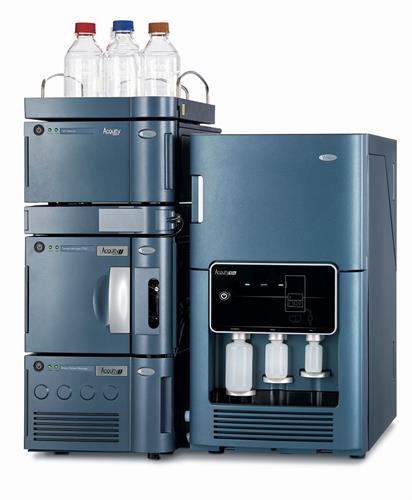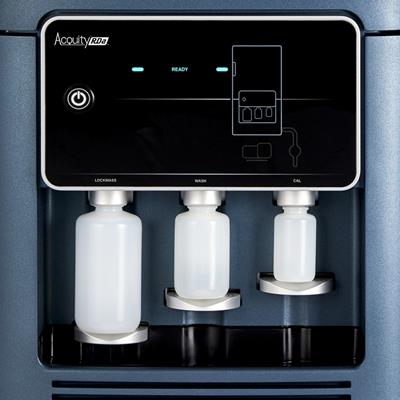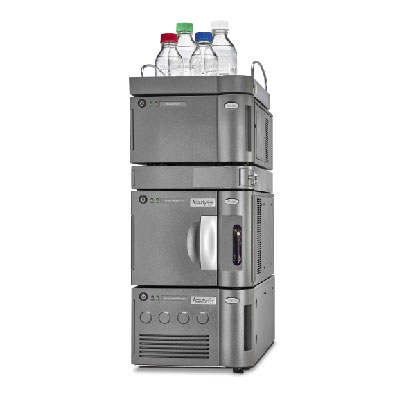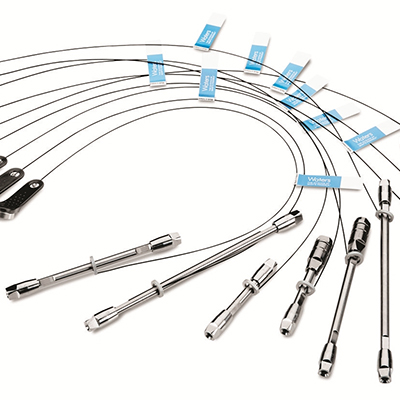March 19, 2021 -- Waters has introduced a new peptide multiattribute method (MAM) workflow for its BioAccord liquid chromatography-mass spectrometry system.
The new MAM workflow will enable drug development, manufacturing, and quality control scientists to monitor the efficacy and safety of monoclonal antibodies and other protein-based drugs through analysis of critical quality attributes (CQAs). The peptide MAM workflow monitors product variants, product degradation and impurities, and process stability-indicating modifications.

The BioAccord system is part of the waters_connect informatics platform, which provides a single, sensitive multiplexed method to accurately assess the most important attributes of protein-based drugs. The BioAccord system pairs Waters' Acquity ultraperformance (UP) LC I-class PLUS with the Acquity RDa mass detector.
The system also has workflows for other routine analyses of biotherapeutics including peptide mapping, intact/subunit mass analysis, released glycan profiling, and oligonucleotide mass confirmation.
Copyright © 2021 scienceboard.net









